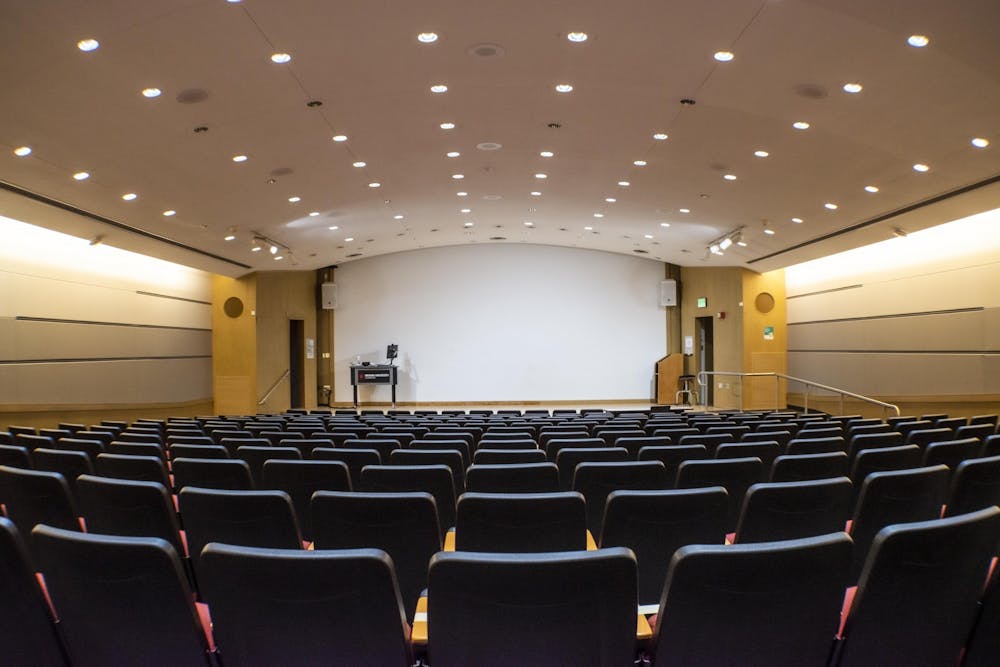Due to the coronavirus pandemic, IU faculty have to be flexible about turning in academic work and class attendance.
If a student shows coronavirus symptoms, they may be unable to complete schoolwork as normal. IU is offering students guidance on how to receive accommodations so they can both stay as up-to-date as possible on schoolwork and have time to recover.
IU’s fall 2020 website briefly outlines what is expected of students who test positive for COVID-19. In all cases, if a student receives a positive test through an outside, non-IU affiliated lab or have to quarantine due to IU contact tracing, whether positive or not, they are required to tell the universityusing the “COVID-19 Self Reporting Form” on One.IU. They should also inform instructors they cannot attend classes because they will be quarantining or isolating.
Instructors cannot ask or tell other students about an individual student's positive status because of student privacy laws. IU theater professor Rich Roland said he understands and follows this policy, but doesn’t quite agree.
“We’re dealing with a pandemic, and I feel like health trumps privacy laws in certain ways,” Roland said. “I’m looking at the common sense of it, so I grapple with some of the university’s decisions daily.”
Students are expected to do the same amount of work as usual, unless they are too sick. In these cases, students can contact the Student Advocates Office for help with contacting professors and making alternative arrangements.
Elizabeth Anne Guertin, assistant vice provost for undergraduate education and executive director of advising, said while instructors do their best to work with students suffering from any illness at any time, the current COVID-19 protocols provide more options to students, such as online instruction.
“This fall, most instructors have made course materials available via Canvas,” Guertin said. “Many instructors are recording class sessions and many more classes are meeting via Zoom.”
Students need to reach out to professors in order to receive accommodations from them, Guertin said. She said proof of illness or a positive test isn’t necessary. There is also no set university-wide limit on how long a sick student can take to make up assignments.
Guertin said specific alternative accommodations vary by course because different classes have different learning approaches.
Individual professors have their own strategies. Roland said he takes a students-first approach to get work done, especially since most performing arts classes meet in person on some level.
“They could stay virtual as long as they needed to get well,” he said. “Assignments get turned in when they get turned in, or in my case, performances will be held when we can have performances — when they can actually get into the classroom and do their work.”
Roland said he now has the luxury of extra time to meet with students, especially those who become sick.
“I always offer extra out of class meeting time anyway, so if there’s work they’re not able to do during our usual synchronous class time I’ll meet with them anytime during the week,” Roland said.
“The length of time a student could miss class or for which an accommodation in a course would be possible will depend on the nature of the work required in that course," Guertin said. "This is why it is so important for students to communicate with their course instructors if they are ill or in isolation or quarantine."
Roland said he strives to put as little a burden as possible on students, but also needs to know what a student’s individual needs may be in order to best cooperate with them.
“I want my students to feel that I am not going to create any extra sort of pressure nor am I going to create extra work just because I feel like we have the opportunity to be online," Roland said. "But they need to be honest with me, they need to say ‘hey, this is too much’ or ‘I need more time here.’”




